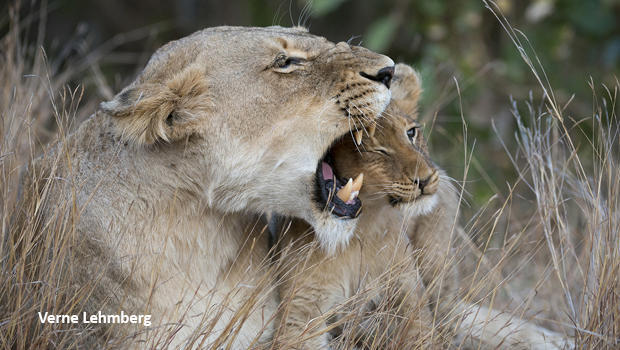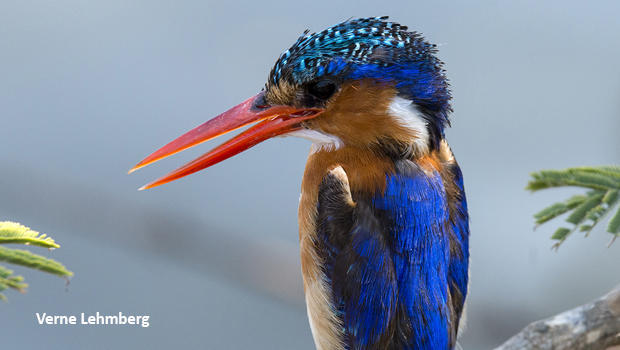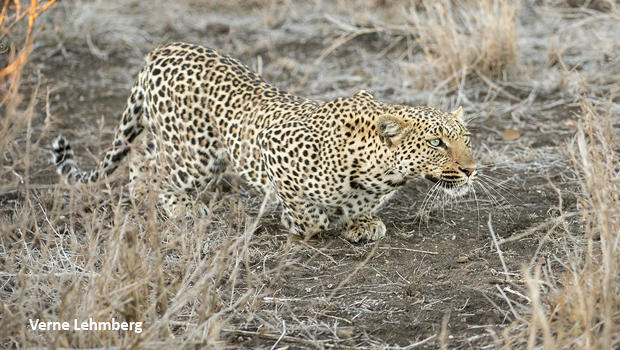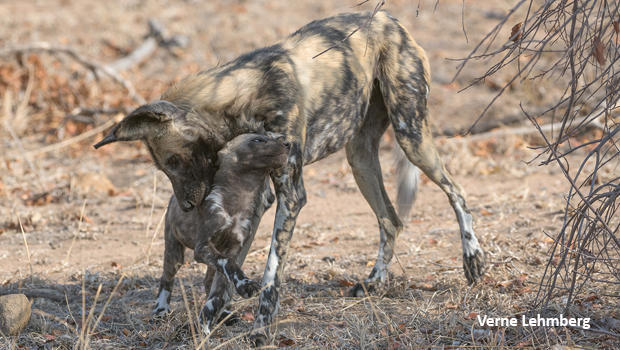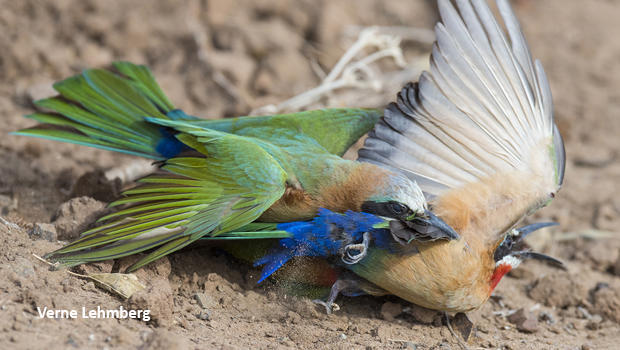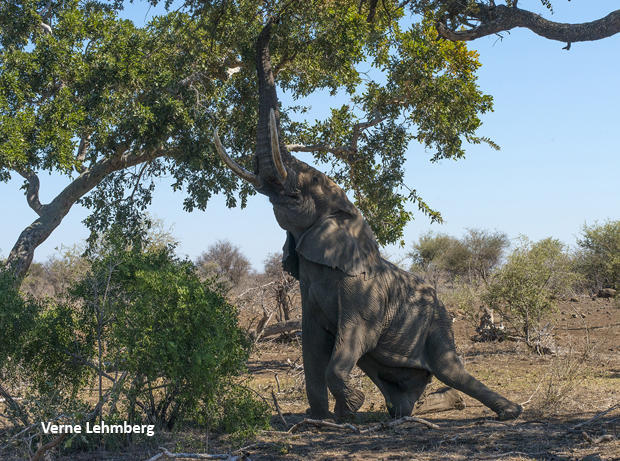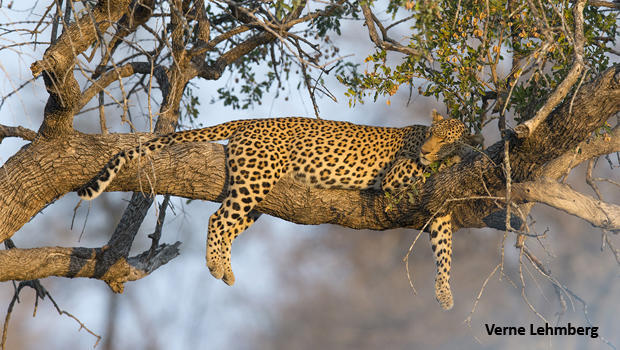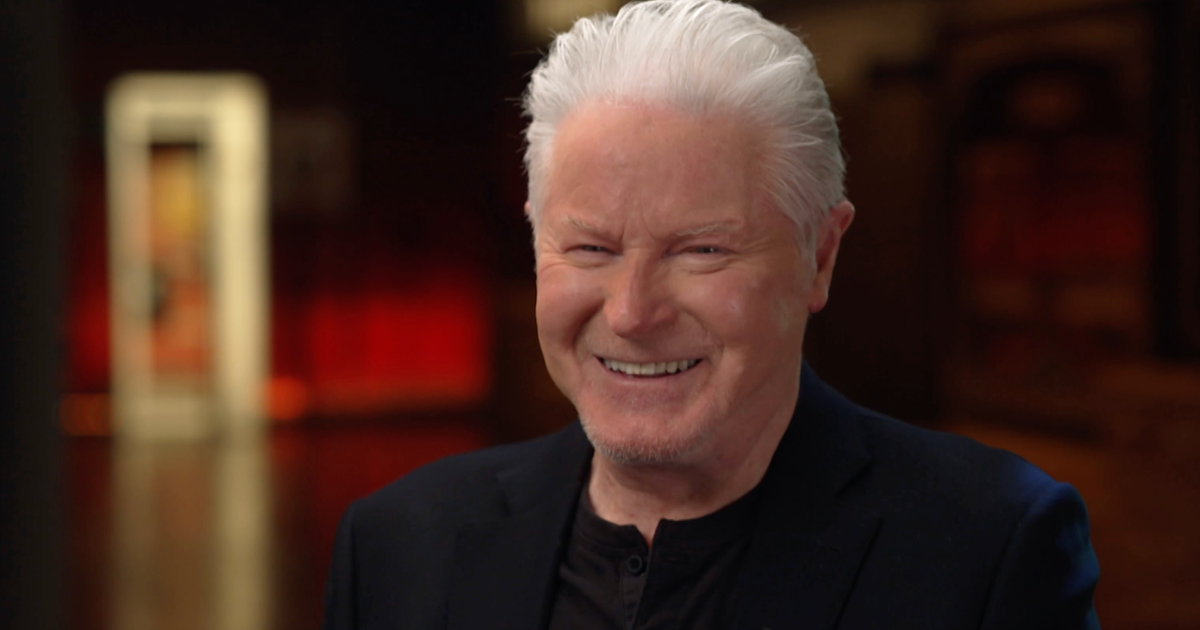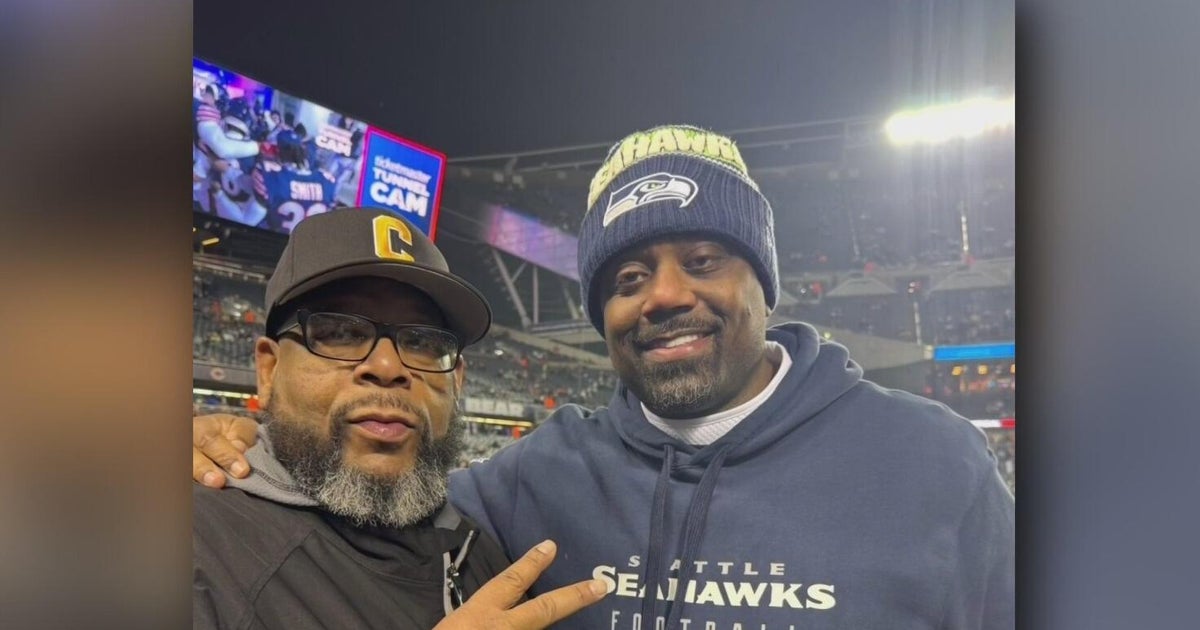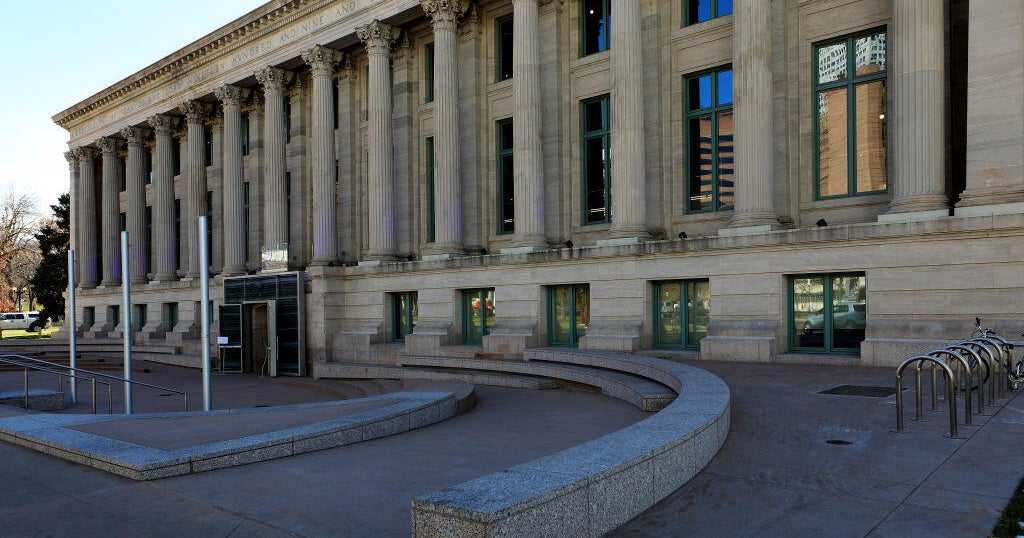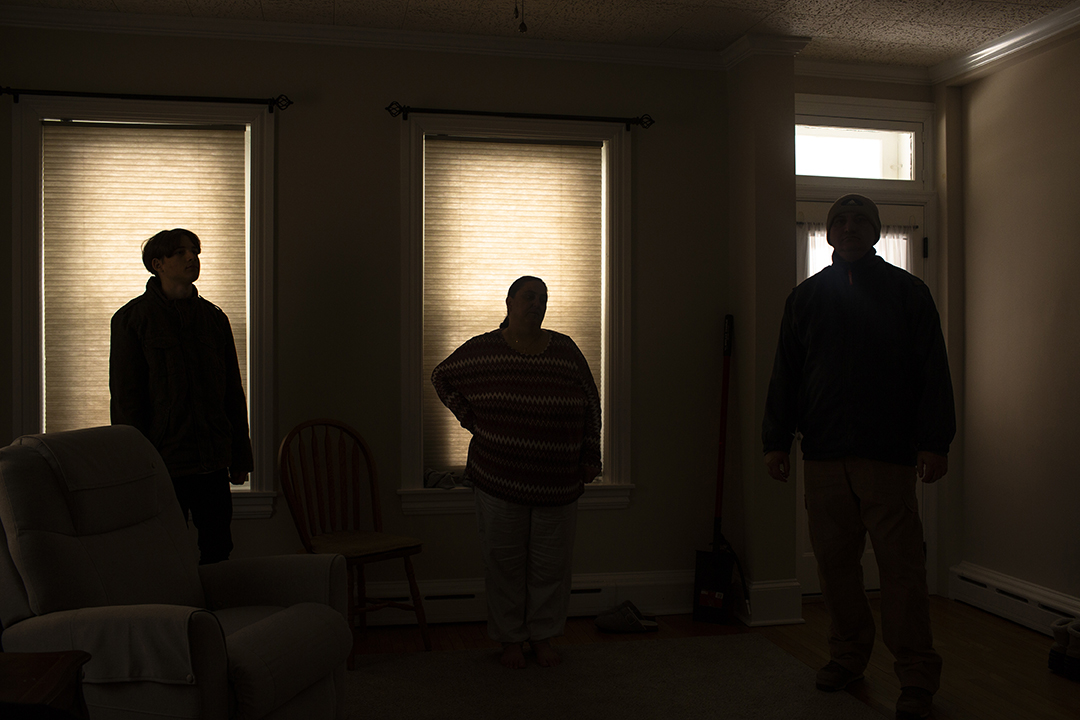Nature up close: Back to Africa
By "Sunday Morning" contributing videographer Judy Lehmberg.
I've been singing John Denver's "Leaving on a Jet Plane" for weeks in my head. "I'm leaving on a jet plane. Don't know when I'll be back again." Well, actually I do; I've got two whole months in South Africa and Kenya -- seven weeks in Kruger National Park, South Africa, and then 10 days in Kenya's Maasai Mara.
In the early 1970s my father's company got a contract to do the infrastructure for South African television. He spent most of those years in South Africa, and even married a South African woman. A little over a year after I graduated from college, he asked me if I would like to come live with them in Johannesburg. Oh my gosh, yes! Just before Christmas of 1975 I found myself quitting a great teaching job and packing for South Africa with all the anticipation of a 12-year-old, except there was one big drawback: I had a boyfriend I really cared about. He didn't want to get married, but I did. So, I came up with a strategy: See South Africa and make him miss me.
I knew Johannesburg was a big city, but when I got there I somehow expected an elephant to greet me at the airport. That didn't happen. Instead, the first thing I saw was a Holiday Inn. Disappointing, to say the least. The next day my step-mother, Merlyn, took me to the South African Department of Education in Pretoria, and suddenly I had a teaching job at an all-boys high school in Johannesburg. I had been teaching in the U.S. so that wasn't new, but the very British school system was. Between the other teachers and my students I figured out what was expected of me and had a great time teaching biology to a bunch of very sweet, very polite boys. They were also very naïve, because they had never seen TV. They were all white. Apartheid was still in effect then, and schools weren't free, either financially or socially. I don't remember exactly how it came up, but one day I alluded to the lack of black students at the school and asked the kids how black students got an education. (I knew the answer – I was working on their awareness of the effects of apartheid.) I was really shocked when they began asking me questions. They were surprised I had taught black students. What were they like? Could they learn anything?
That day was a real education for both my students and myself. It wasn't just that they had been taught that black people were second-class citizens; it was almost as if the whites considered them something other than human. Brainwashing is a scary thing, especially when you are surrounded by it.
During apartheid it was illegal for a black person to marry a white person, for black people to live in certain places, or even to be in those places if they didn't have a job there. There were buses, restaurants and schools for whites only.
I didn't last long at that school. I loved the students but I hated the inequity. I got a job doing quality control for a subsidiary of Clorox bleach. I worked in a lab in the basement and very rarely saw anyone other than my boss and a black man who brought us tea five times a day. When he came in we talked about everything – the weather, his family, how long he had to travel to work every day. One day he said, "Madam, why do you talk to me?" I was taken aback by not only the question but by the "madam" part. I was 22 years old, and he was at least twice my age. I tried to answer him, but I'm sure I said something stupid like, "Why not?"
In June of 1976 my boyfriend decided he did really miss me and came to visit. We traveled South Africa from Cape Town to Kruger and got to see all of the animals I had been hoping to see: elephants, rhino, zebra, giraffes, impala, colorful birds. Then we left for a couple of weeks in Kenya and Tanzania, saw more wonderful mammals and colorful birds, and returned to the U.S.
I've been back to South Africa six times since then. Apartheid ended a good while ago, and while South Africa still has problems, the civil war everyone in 1976 was predicting would happen didn't. Instead, against all odds, Nelson Mandela became president and even white South Africans loved him. It is a beautiful country that my boyfriend (now my husband of over 40 years) will continue to visit as long as we can.
I invite you to come along with us on this trip and experience the nicest people and a wonderful diversity of animals. It is going to be an epic adventure full of elephants, rhinos, hippos, lions, leopards, you name it.
Below is a sample of what to expect:
Judy Lehmberg is a former college biology teacher who now shoots nature videos.
For more info:
- Judy Lehmberg (Official site)
- Judy Lehmberg's YouTube Channel
To watch extended "Sunday Morning" Nature videos click here!
